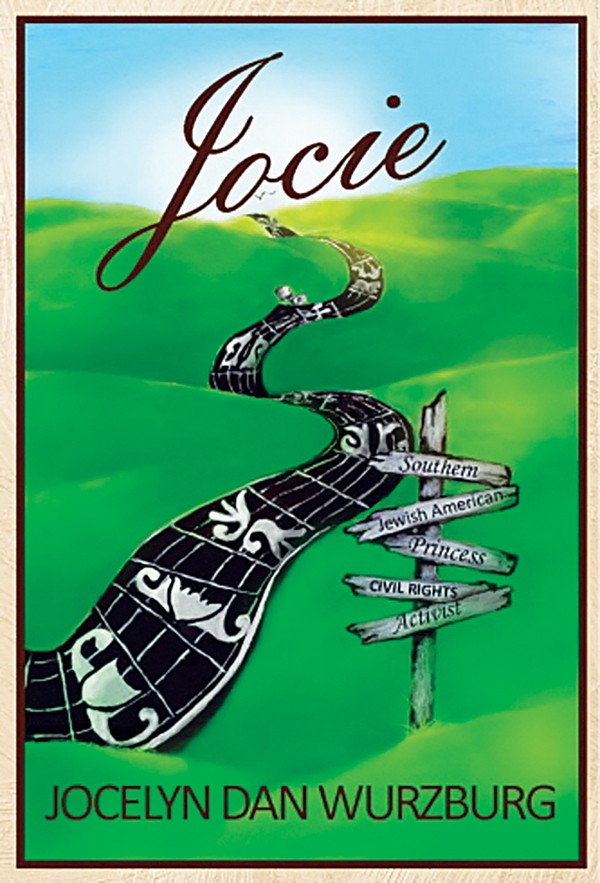“An nything you like about this book is due to me, and any errors are the fault of those listed above.”
Those words, following a list of acknowledgements, are in the author’s foreword from a new book — and a scholarly one, in fact — that political junkies and, really, all serious writers with an interest in the future of their society can profit from. The sense of humor in the sentence quoted above is a tip-off that the author, who knows his subject, well understands that famous maxim of Aristotle’s: “All art must both amuse and instruct.”

The book is Rethinking U.S. Election Law: Unskewing the System (Edward Elgar Publishing, Ltd). The author is one Steven Mulroy, professor at the University of Memphis and, of late, a member of the Shelby County Commission. Even more recently, Mulroy was the sparkplug and primary eminence of the local movement to reject a City Council-sponsored referendum that would have prohibited the use of Instant Runoff Voting.
Back in 2008, Mulroy was the Johnny Appleseed of the IRV process when the original referendum authorizing it was passed by Memphis voters. IRV, in brief, is a means of voting whereby voters, instead of just picking a single candidate, can rank several in order of preference, so that if no candidate succeeds in polling a majority, the voters’ secondary choices are weighted and factored into the results so that a majority winner can prevail.
The result: No plurality winner (as in the last presidential election). No expensive and ill-attended runoff or the anti-IRV referendum emanating from the Council. IRV is scheduled for use in the 2019 city election but still must maneuver its way past a couple of legal actions — one of them from the state Election Coordinator — attempting to block it.
“One common response to any argument for a national popular presidential vote [another cause preferred by the author] is, ‘we live in a republic, not a democracy.’ Indeed, that response comes up in just about any discussion of any significant electoral reform. It is, of course, a shibboleth rather than an argument. The U.S. is both a democracy (governed by the people) and, more specifically, a republic (governed by the people through elected representatives). … [B]oth terms are consistent with the Founders’ original understanding, and any purported distinction between the two” is irrelevant.
That about says it.
Equally rewarding to the lay reader and the political adept is Jocie (The Hillhelen Group LLC, $20 at Novel), a personal memoir by one of the most thoroughly committed citizens of Shelby County. In the course of this jaunty, passionate, and humble narrative, one encounters a being determined to fully experience the actual world she lives in and equally determined to improve it to the most ideal specifications she can imagine.
The author, Jocelyn Wurzburg, has used her life to graduate from the status of “good little girl” in 1950s Memphis to that of mover and shaker in almost every good big cause there has been in the rapidly changing social ferment of her adulthood.
The singularity and determination to be of her times and not just in them caused Wurzburg to ignore every barricade she encountered — religious, social, political, what-have-you.
She has been active, from the time of the 1968 sanitation strike crisis, in the cause of racial togetherness and civil rights, to the point that the Tennessee Human Rights Commission has not only taken note of her efforts, the THRC has named its highest honor the Jocelyn Wurzburg Civil Rights Legacy Award.
A lawyer, she became a pioneer in the art of domestic mediation once she realized that divorces for most people had become a zero-sum game. She has also been a force in women’s rights movements locally, statewide, and national.
For all her involvements and distinction, though, she remains as down-to-earth and gracious as the old cliche of Southern hospitality would suggest. She is famously colloquial in speech and, when circumstances call for it, deportment. If you don’t know her, you should. If you spend your time in the company of people trying to help Memphis find its best self, you will.